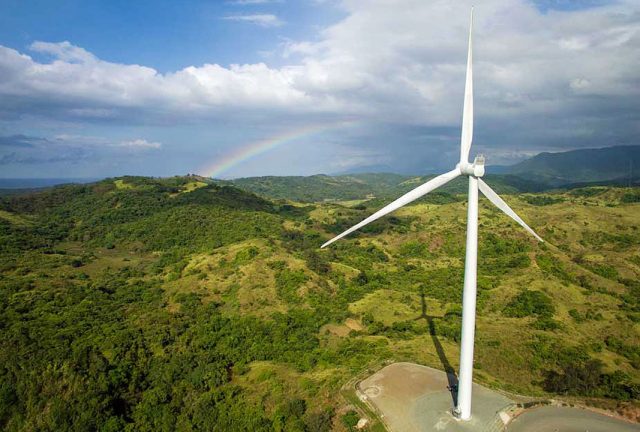PHL decarbonization seen drawing major investments

THE Philippines’ decarbonization drive is viewed as a “massive” investment opportunity because of the sheer volume of renewable capacity needed to make significant progress towards a green economy, McKinsey & Co. said.
“Our modelling shows that more than 100 gigawatts or more than 100,000 megawatts of additional capacity in renewables will be needed for the Philippines to accelerate and move towards (decarbonization),” McKinsey & Co. Senior Partner Vishal Agarwal said on Wednesday at the Arangkada virtual forum.
The Philippines currently has about 26,000 megawatts of installed power capacity of all types. Mr. Agarwal did not elaborate on the assumptions behind the 100,000 MW estimate, or whether the projection contemplates renewa-ble sources working side by side with non-renewable ones.
The United Nations defined “green economy” projects as low carbon, resource efficient, and socially inclusive, while preventing the loss of biodiversity and making fewer demands on the ecosystem.
Mr. Agarwal said business opportunities are plentiful in renewable energy, large-scale battery storage, advanced solar power system technology and assembly, and grid modernization.
He also noted the increasing opportunities in other sectors such as transportation in using biofuel for road transport and aviation; the industry sector in carbon capture, carbon dioxide storage and usage; in the waste sector in switching to waste-to-energy; and in the land use, land-use change and forestry in domestic and international carbon trading.
“It is a tough task, but it is important for us to have a not narrow view how much emissions the Philippines or each country is having, to look at on the risk (that) climate change (imposes) on the Philippines,” Mr. Agarwal said.
He noted that the Philippines is the 35th largest polluter in the world and is considered the fifth most-affected by climate change over the last 20 years.
“It is also very important to look at this as an opportunity for value creation that enables us to accelerate towards more and more sustainability,” he added.
The Philippines has committed to reduce its greenhouse gas emissions by 75% by 2030. Around 72.29% of this total will rely on climate financing, technology, and capacity development support from developed countries. —
Marielle C. Lucenio
